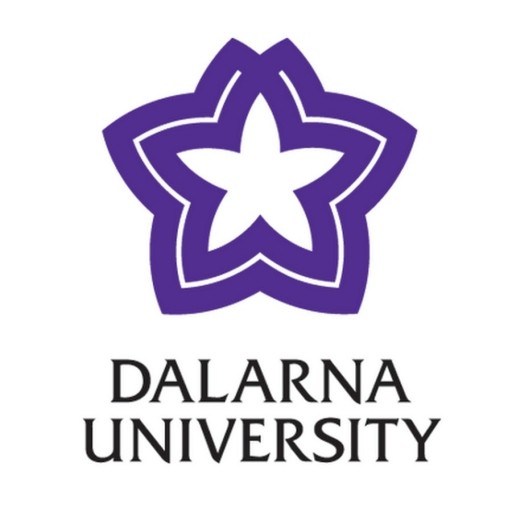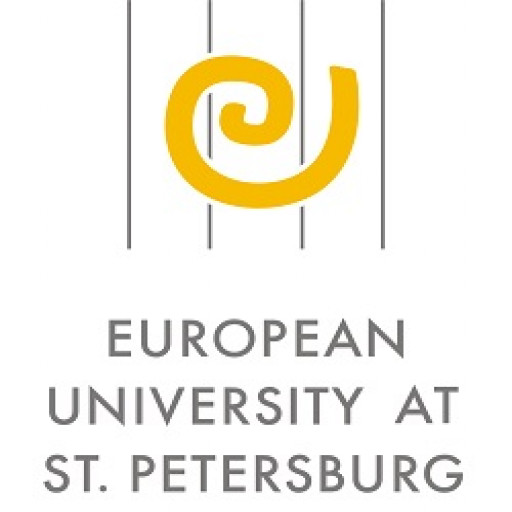Photos of university / #hogskolandalarna
Solar Energy Engineering at Dalarna University offers a cutting-edge interdisciplinary program designed to prepare students for the rapidly evolving field of renewable energy. This program combines theoretical knowledge with practical skills in solar energy systems, photovoltaics, solar thermal energy, and sustainable energy solutions. Students will gain a deep understanding of the physical principles underlying solar energy conversion, as well as technical competencies in system design, installation, and maintenance. The curriculum emphasizes innovation, sustainability, and environmental impact, equipping graduates to contribute effectively to the transition toward renewable energy sources.
Throughout the program, students engage in laboratory work, projects, and collaborations with industry partners, providing real-world experience and fostering problem-solving abilities. The program also covers areas such as energy storage, smart grids, energy policy, and economic considerations related to solar energy deployment. Emphasis is placed on developing analytical skills and technical expertise necessary to design efficient and cost-effective solar energy solutions tailored to different geographic and economic contexts.
Students will have access to state-of-the-art laboratories and facilities at Dalarna University, supporting practical training and research activities. The program is structured to facilitate international cooperation and includes opportunities for students to participate in internships and study exchanges, broadening their global perspective and professional networks. Upon graduation, students will be well-equipped to work in solar energy companies, energy consulting firms, research institutions, or to pursue further studies in renewable energy fields. This program embodies Dalarna University’s commitment to sustainability, innovation, and the transition to a sustainable energy future.
The Solar Energy Engineering programme at Dalarna University is designed to equip students with comprehensive knowledge and practical skills necessary to develop, implement, and innovate in the field of solar energy. This interdisciplinary programme combines principles of physics, engineering, environmental science, and renewable energy technologies to prepare graduates for careers aimed at promoting sustainable energy solutions. Throughout the course, students will explore the fundamental theories behind solar energy systems, including photovoltaic (PV) and solar thermal technologies, as well as the design, analysis, and optimization of solar power installations. The curriculum emphasizes both theoretical understanding and hands-on experience, with laboratory work, project-based learning, and internships integrated into the programme to ensure students gain real-world skills.
Students will learn about the latest advancements in solar energy materials and system components, as well as how to assess and improve the efficiency and economic viability of solar projects. The programme also covers vital topics such as energy policies, project management, environmental impact assessments, and the integration of solar energy into existing power grids. Practical skills are further reinforced through simulation software and experimental work, allowing students to develop proficiency in designing solar energy systems suitable for various geographic and climatic conditions.
Moreover, the programme emphasizes sustainability and environmental considerations, preparing students to contribute to the transition towards a low-carbon economy. Upon graduation, students will be capable of working in research and development, engineering consultancy, project planning, and implementation within the renewable energy sector. With increasing global demand for renewable energy solutions, a degree in Solar Energy Engineering from Dalarna University offers a solid foundation for a rewarding career dedicated to creating a sustainable future. Throughout the programme, students are encouraged to engage in innovative research and to develop solutions tailored to regional and international energy challenges.
The Solar Energy Engineering program at Dalarna University is designed to provide students with comprehensive knowledge and practical skills related to renewable energy technologies, with a special focus on solar energy systems. Admission requirements typically include a relevant bachelor's degree in engineering, physics, or a related field. Applicants must demonstrate proficiency in English, usually through standardized tests such as IELTS or TOEFL, ensuring they can follow coursework conducted in English. Prior experience or coursework in renewable energy, electrical engineering, or environmental science is preferred but not always compulsory. The program aims to develop expertise in designing, analyzing, and implementing solar energy projects, requiring students to acquire both theoretical understanding and hands-on skills. Students are expected to have a solid foundation in mathematics and physics, as these are fundamental to understanding solar energy technology and systems operation. Additionally, proficiency in computer-aided design (CAD) software and simulation tools relevant to renewable energy projects can be advantageous. The program may also require submission of a motivational letter or statement of purpose, outlining the applicant’s interest in solar energy engineering and career goals. Candidates might also need to provide transcripts of previous academic records, CV, and reference letters. The selection process considers academic performance, relevant experience, motivation, and language proficiency. Overall, entering the Solar Energy Engineering program at Dalarna University demands a combination of academic qualifications, relevant experience, language skills, and motivation to succeed in the study of sustainable energy solutions.
The Solar Energy Engineering program at Dalarna University offers a comprehensive overview of financing opportunities available to prospective students. Tuition fees vary depending on the student's nationality: for international students from outside the European Union (EU) and European Economic Area (EEA), the annual tuition fee is approximately SEK 130,000. Students are advised to consider additional costs such as living expenses, insurance, study materials, and travel. Dalarna University provides scholarships specifically aimed at supporting international students; these include merit-based scholarships that can cover partial or full tuition fees, awarded based on academic excellence and motivation. Applicants are encouraged to submit scholarship applications alongside their program admission applications, and evaluation criteria consider academic records and relevant experience in renewable energy fields.
For students from within Sweden and EU/EEA countries, tuition fees are typically not charged, as higher education in Sweden is publicly funded for residents, though there may be minor administrative fees. Additionally, Swedish students and residents can explore various government-supported student loan and grant schemes managed through the Swedish Council for Higher Education (CSN). These financial aid options assist with living costs and sometimes cover study-related expenses, and repayment terms are generally favorable with low interest rates.
International students interested in financing their studies can also consider external funding sources such as private donors, international organizations, and solar industry partnerships that sometimes sponsor students enrolled in renewable energy programs. Dalarna University has partnerships with industry stakeholders, and occasionally, these relations facilitate internships or project collaborations that may include stipends or financial support. Furthermore, students are advised to research scholarship opportunities from their home countries or international organizations dedicated to renewable energy development.
It is also important for students to carefully plan their budget, considering the cost of accommodation, transportation, and insurance, which can significantly impact overall financing needs. The university's student services and financial aid office provide guidance and support to help students navigate available funding options and application processes. Lastly, students are encouraged to apply early for scholarships and funding programs to increase their chances of securing financial support, and to stay informed about any new grants or funding opportunities announced by Dalarna University or external organizations throughout the academic year.
The Solar Energy Engineering program at Dalarna University is a specialized engineering degree designed to prepare students for a career in the renewable energy sector, focusing specifically on solar technology and sustainable energy solutions. The program aims to provide students with a comprehensive understanding of solar energy systems, including photovoltaic and solar thermal technologies, as well as the broader context of renewable energy integration and sustainable development. Throughout the course, students will gain knowledge in areas such as energy systems analysis, electrical engineering, materials science, and environmental impact assessment, equipping them with the skills necessary to design, analyze, and optimize solar energy solutions in various applications.
Dalarna University emphasizes practical learning and industry relevance, integrating laboratory work, project-based assignments, and collaborations with local and international companies involved in renewable energy projects. The program is designed to foster innovation and entrepreneurial skills, encouraging students to develop new or improved solar energy products and services. Additionally, students will have opportunities to engage in research projects and internships, gaining valuable hands-on experience in the rapidly evolving field of solar energy.
The curriculum typically covers core topics such as solar radiation and energy, photovoltaic system design, solar thermal collectors, energy storage, and smart grid integration. Courses are taught by faculty members with expertise in renewable energy engineering, supported by modern laboratories and research facilities. The program also focuses on sustainability and environmental considerations, ensuring that graduates are capable of implementing eco-friendly energy solutions that contribute to the global efforts in combating climate change.
Graduates of the Solar Energy Engineering program at Dalarna University are well-equipped for employment in various sectors, including manufacturing of solar panels, installation and maintenance of solar power plants, consultancy services, research institutions, and government agencies promoting renewable energy policies. The program also provides a solid foundation for those interested in pursuing further studies or doctoral research in renewable energy fields. Overall, the program aims to produce skilled engineers who can contribute to the transition towards a sustainable energy future through innovative technological solutions and responsible resource management.









